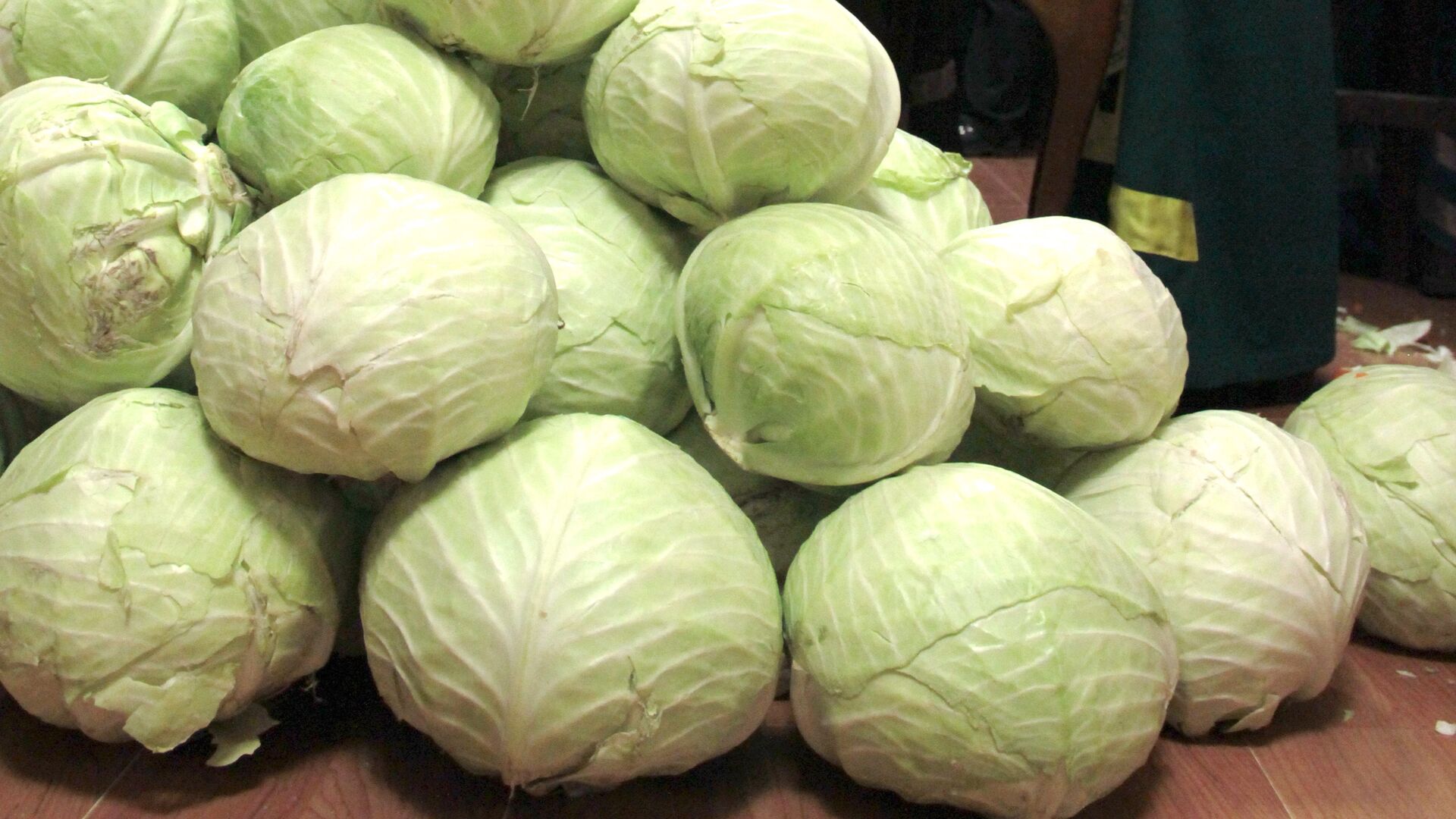
Cabbage is a leafy green, red, or white biennial plant grown as an annual vegetable crop for its dense-leaved heads. It belongs to the Brassica genus, which includes broccoli, cauliflower, and kale, and is a member of the mustard family, Brassicaceae.
Cabbage is rich in vitamins C and K, offering significant health benefits. Vitamin C acts as a powerful antioxidant, helping protect the body against free radicals, while vitamin K is crucial for bone health and wound healing. The vegetable is also a good source of dietary fiber, which aids in digestion and helps maintain a healthy gut.
Historically, cabbage has been used since ancient times for both culinary and medicinal purposes. It’s versatile in the kitchen, commonly used in salads, soups, stews, and as fermented products like sauerkraut and kimchi. Fermentation of cabbage enhances its digestibility and increases vitamin B12, making it beneficial for the digestive system and overall health.
Cabbage is known for being hardy and can be grown in cooler climates, making it a staple in many parts of the world. With its low calorie content, cabbage is also popular among those looking to manage their weight.
Overall, cabbage is not only nutritious but also a versatile vegetable that can be included in various dishes to add flavor and provide nutritional benefits.